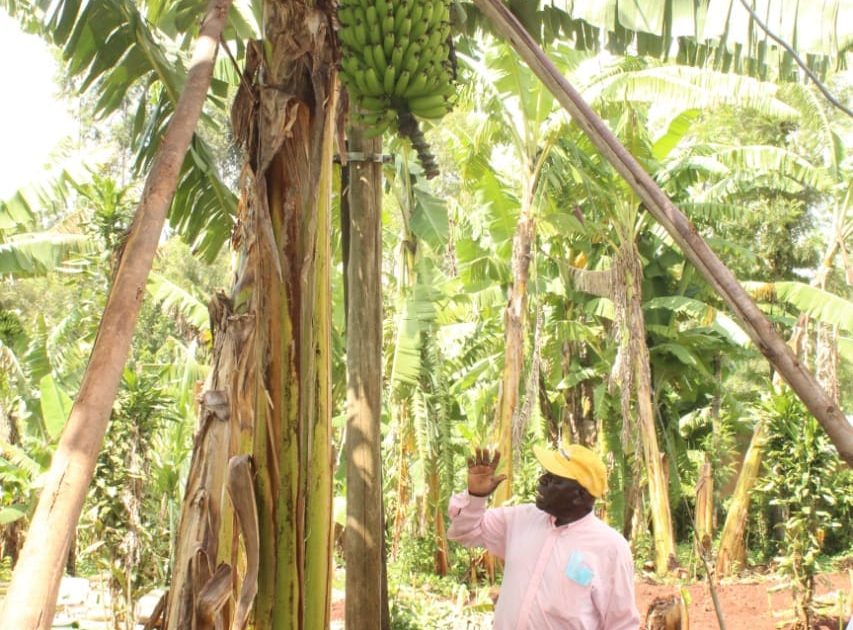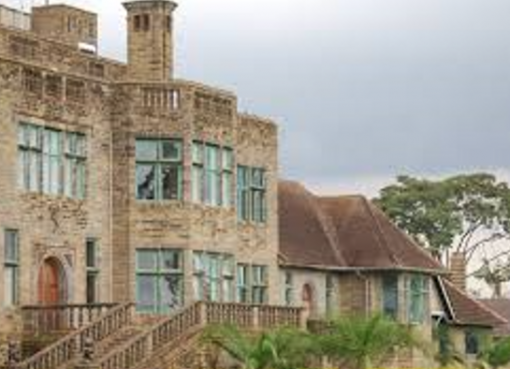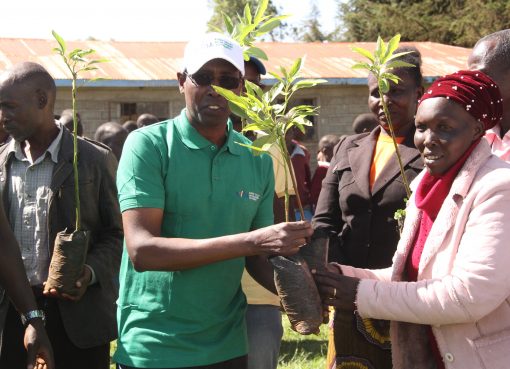Many farmers have for a long time taken banana growing as an agricultural activity aimed at producing for subsistence and not commercial purposes.
It has been commonplace to spot a few banana stools next to the compound in most homes in the villages.
This state of affairs has changed thanks to the Agricultural Sector Development Support Programme (ASDSP 11), which undertook training for the farmers on the commercialization of the enterprise.
Joram Chavasu, from Walodeya area in Sabatia Sub County, is one of the beneficiaries of the ASDSP11 that ran from July 2017 to June 2022.
In an initiative jointly funded by the Swedish International Development Agency (SIDA) and the European Union (EU), the training areas included business planning, land preparation, planting, field management practices and marketing.
Chavasu says he was introduced to tissue-culture bananas that are fast-maturing (they fruit in one year) and high-yielding.
“The tissue culture plantlets are planted in pits that are three feet wide and three feet deep and contain well-drained soil mixed with well-composed dry manure,” he said.
The farmer started off with 40 plantlets in a quarter of an acre six years ago, but he has increased the plantation to an acre with 120 stools of bananas. “I sell a bunch at an average of Sh. 700 and in a month the sales are about 72 of them, translating to approximately Sh. 50,000 per month,” he said.
He sells his produce to the locals, some to Kakamega County and Timboroa trading centre in Baringo County and the demand is higher than the supply.
Chavusa proudly states that with the good returns from the agribusiness, he has been able to buy a pickup for transporting the yield to the market.
He is encouraging the young people to venture into agribusiness, as it is a frontier that has the potential to transform their socio-economic status.
By Sammy Mwibanda




